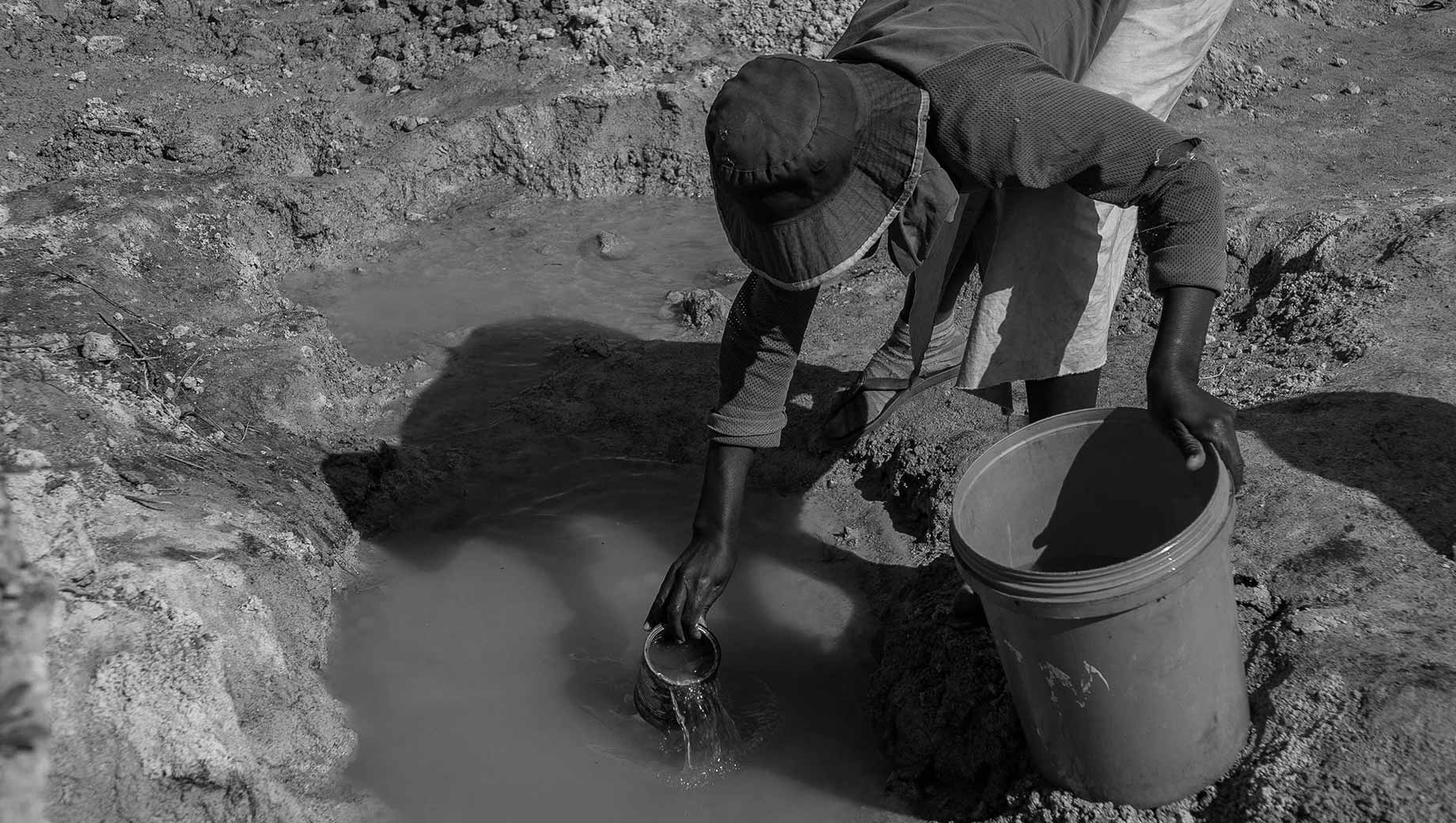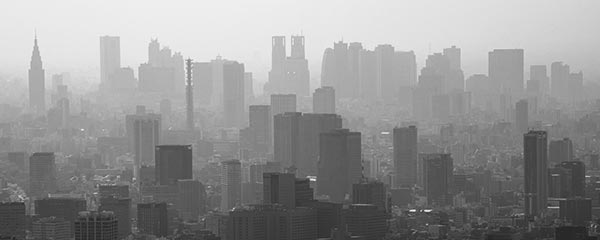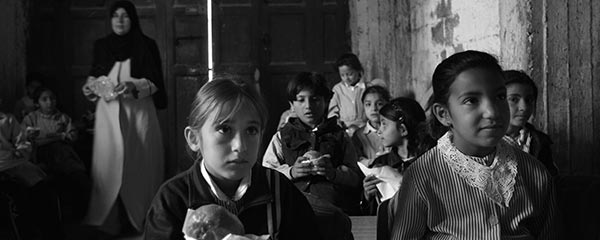The world's growing water crisis is one of the top risks facing the planet. Current estimates put as many as 4 billion people -- about two-thirds of the world's population -- without the water they need for at least one month of the year.
Despite the picture it paints, this global estimate of availability fails to shed light on the inequalities in access and use of sufficient and safe water. It also provides little understanding of which households or individuals are missing out on the benefits of global development.
While the United Nations' Sustainable Development Goal 6 underscores the need to "ensure availability and sustainable management of water and sanitation for all," there is currently no robust, globally comparable and timely data on water insecurity at an appropriate scale that can help inform policymakers and programs.
To address this critical data gap, an international Northwestern University-led team of researchers within the Household Water Insecurity Experiences (HWISE) Research Coordination Network developed a universally applicable, cross-culturally equivalent scale that captures individuals' experiences across the four dimensions of water insecurity: adequacy, accessibility, reliability and use.
Using this scale, a consortium of Northwestern University, UNESCO and Gallup is working together to benchmark water insecurity by conducting nationally representative surveys across Africa and India in 2020.
The world's growing water crisis is one of the top risks facing the planet. Current estimates put as many as 4 billion people -- about two-thirds of the world's population -- without the water they need for at least one month of the year.
These data will be used to map household water insecurity across Africa and India, providing a window into the lives of water insecure individuals. The research will highlight the prevalence of water insecurity and the characteristics related to it, such as household income, age, and gender, as well as the potential relationships that water insecurity has with individuals' emotional and physical wellbeing. Early research has already shown the ramifications of water insecurity are far-reaching -- from poor nutrition and hygiene, to stress and depression and civil unrest.
As a short set of questions, the HWISE scale lends itself to upscaling through other international surveys such as the Demographic and Health Survey or the Gallup World Poll. As such, a clear opportunity exists to implement these survey questions at a global scale, to benchmark and track the changing landscape of water insecurity worldwide.
By providing an ongoing tracker of the world's water insecurity, such a project can offer policymakers and practitioners the knowledge required to craft targeted policy interventions that secure and expand reliable access to the most precious resource on the planet.
Dr. Sera L. Young is an Associate Professor in the Department of Anthropology and Global Health at Northwestern University and a Carnegie Fellow.
Dr. Alexandros Makarigakis is Program Specialist and Deputy Secretary for the Intergovernmental Hydrological Programme at UNESCO.


